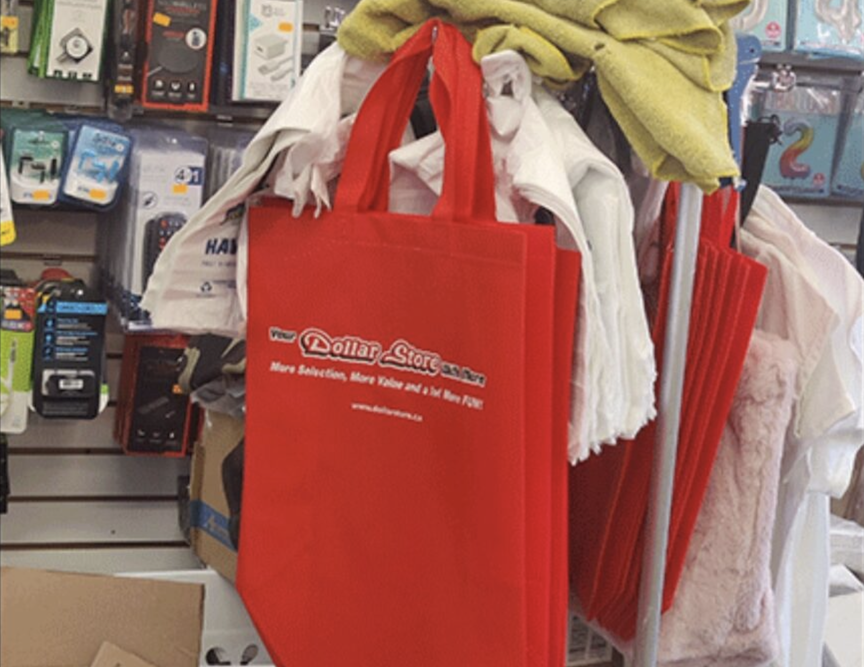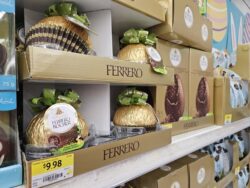By Dec. 20, the sale of plastic bags, cutlery and containers will be banned in Canada as part of federal plans to reduce plastic waste.
Environment and Climate Change Minister Steven Guilbeault says the ban and future regulation could result in the “elimination of over 1.3 million tonnes of hard-to-recycle plastic waste and more than 22,000 tonnes of plastic pollution” in the next decade.
Others aren’t so sure. Here’s what people working at three different businesses in Ottawa told Capital Current about implementing of the ban.
Doubtful beginnings
Zaki Hakeemi, the owner of dollar it! on Bank Street, says his business has provided plastic bags at checkout for two decades. Hakeemi is hoping to empty out the remainder of his stock before December. Although he intends to comply with the regulations, Hakeemi questions their impact. “In my experience, nothing is ever what it looks like.”
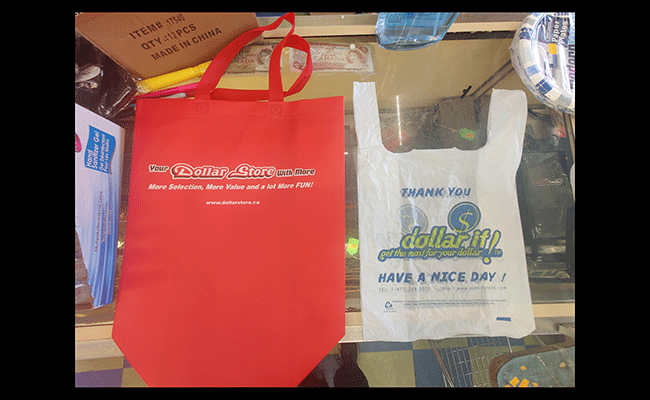
Holding up the red reusable bags that dollar it! now offers customers, he said he struggles to understand the benefits of switching. The red bag, he says, needs to be reused multiple times before it becomes more beneficial, environmentally speaking, than a plastic bag.
A 2011 study from the Environment Agency in the U.K. found, for instance, that the average cotton bag needed more than 100 uses to be better than a plastic bag in terms of the energy used in producing it. Hakeemi says people also end up buying multiple bags over several visits because they forget to carry the reusable ones.
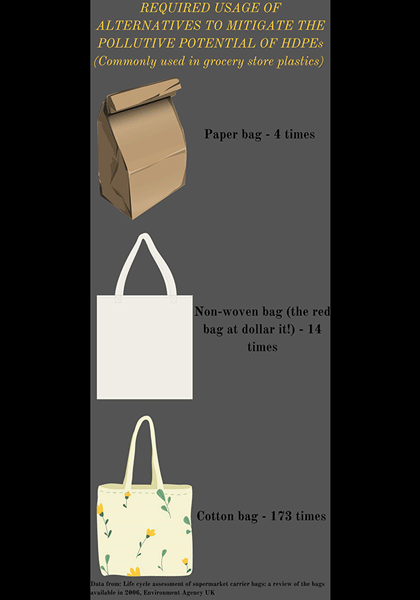

Suprima Verneni, a cashier and customer service associate at dollar it!, said customers have complained over having to pay extra for the reusable bag. “Sometimes we don’t charge the five cents for the plastic bag because it just doesn’t feel right to charge for such a small thing. But the reusable bag costs, like, nearly 60 cents per bag, and we sell them for 89 cents. So when people forget their reusable bag that they bought the last time, they don’t want to pay for another.”
Customers are learning to cope
Tahshaan Ahmed, a shift supervisor at a Tim Hortons outlet at Bank and Cooper streets, said customers had qualms about the shift to paper and fibre alternatives, but lately, attitudes have been changing. “Change is never easy. When the (paper) straws first came out in 2020, people were telling us that they were getting soggy and mushy fast. But now, I think there’s just a sense of acceptance that this is the way things have to be.”
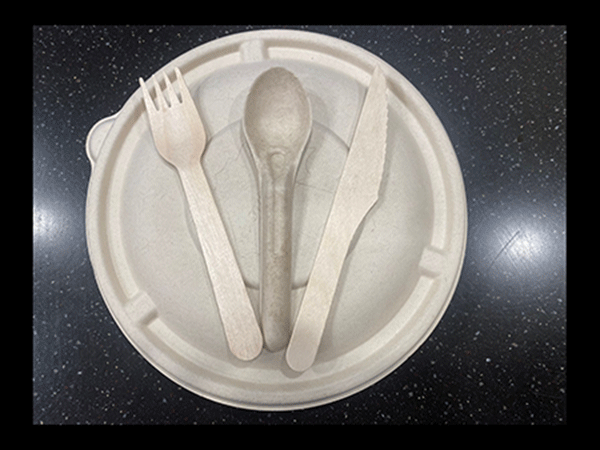

Sustainable practices expensive but good
A study conducted in 2021 about public perception of single-use plastics found that while Canadians were in favour of reducing plastic consumption, they were less willing to spend money on alternatives to plastic products.
Minoo Banaei, the owner of Bel Fiore, a small flower shop on Elgin Street, has become well acquainted with customer hesitation. At the core of Bel Fiore’s operational philosophy is sustainability. She believes that the prices of her flowers reflect the intricate levels of care she gives to produce as little waste as possible. “Some customer(s) are expecting grocery store prices but they don’t understand.”
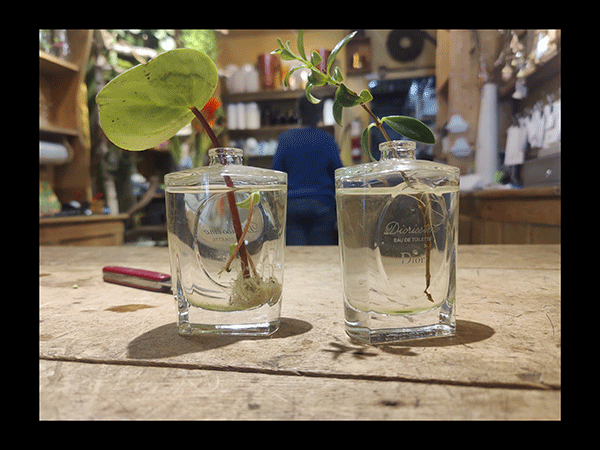

Banaei says packaging is a very expensive. Bel Fiore has always used recyclable, biodegradable, and/or reusable materials for packaging floral arrangements. Still, for Thanksgiving 2022, for example, Banaei spent more than $1,000 on packaging alone.
Banaei thinks the plastics ban is a step in the right direction. She stocks about 10 reusable bags for customers who need something resembling a plastic bag to carry their flowers. “I tell them, I will give you this bag, just return it to me please. And every time, they do.”

